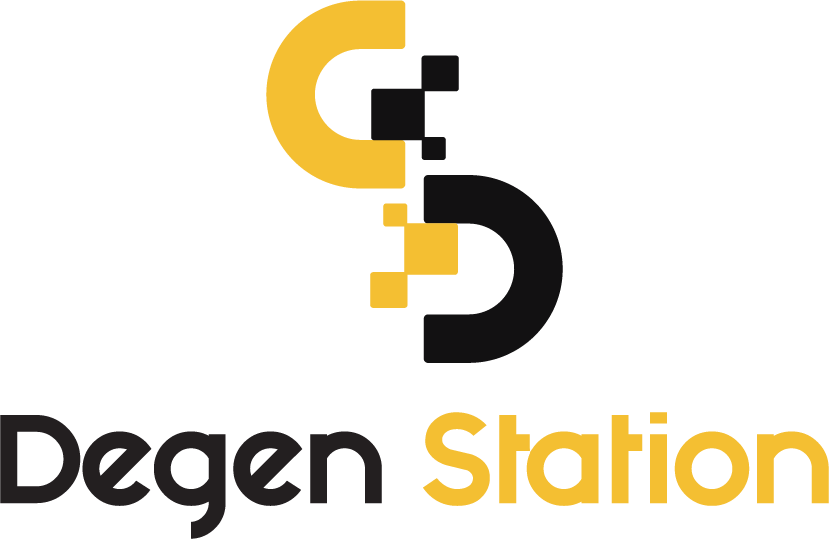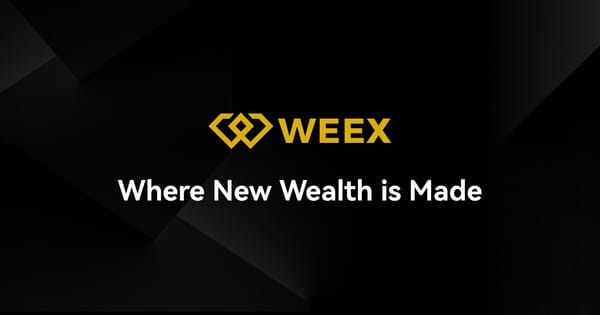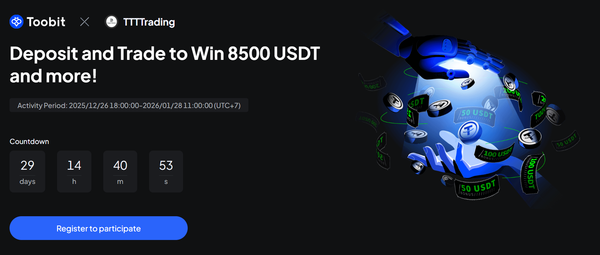Founder of zkSync Proposes On-Chain Court
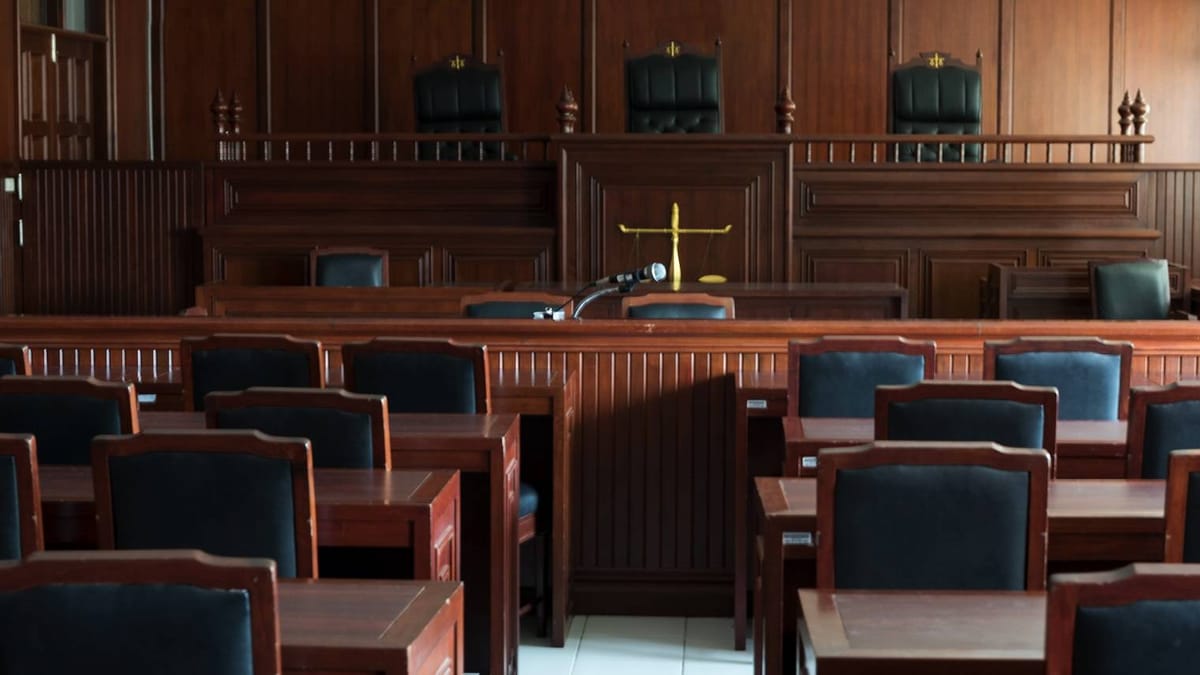
The risks associated with deploying smart contracts have always been a pressing issue for DeFi and layer-2 solutions. This is a problem that the founder of zkSync is keen to address.
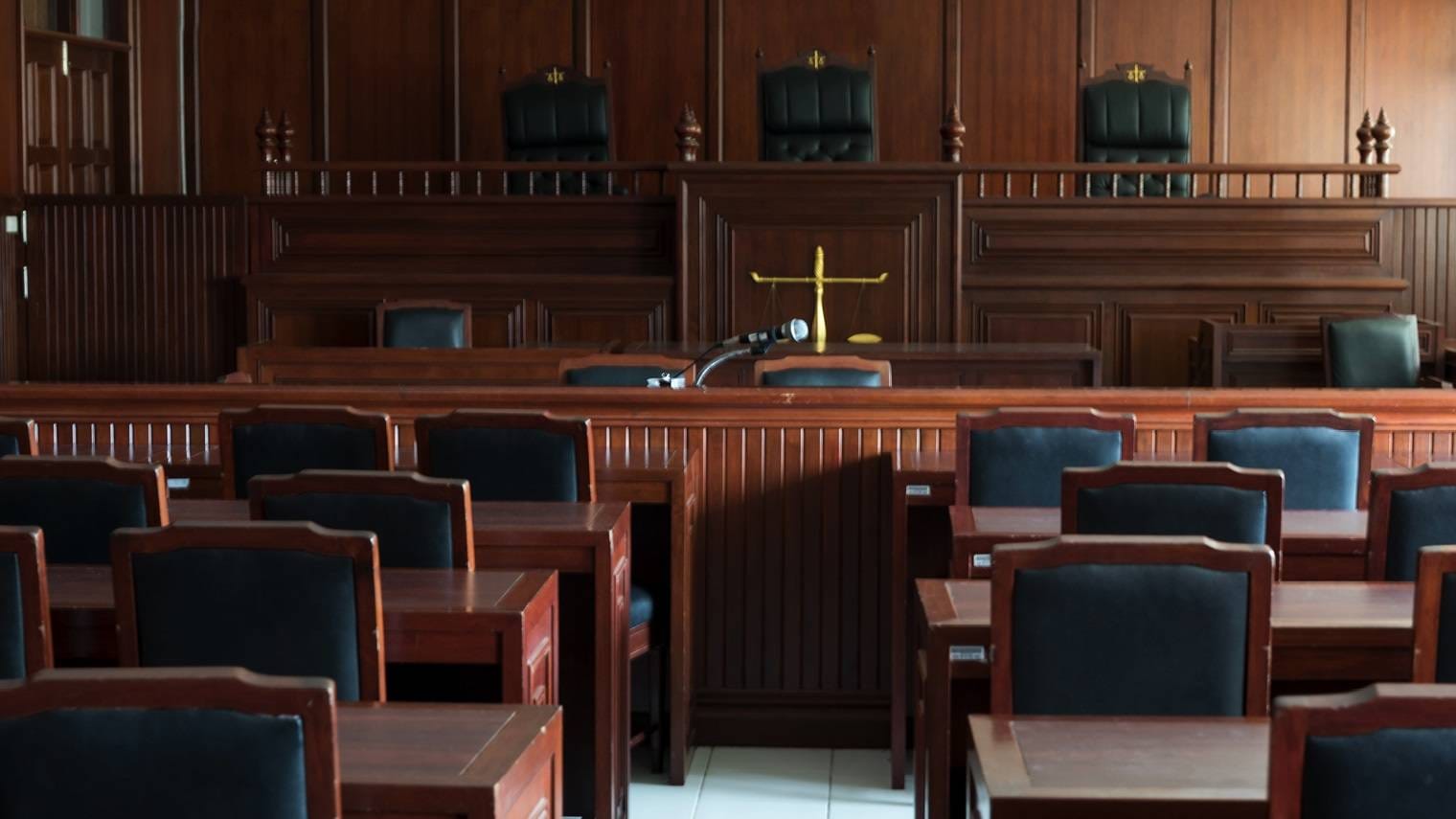
Founder of zkSync Proposes On-Chain Court
On the evening of September 2nd, Alex Glochowski, founder of zkSync, introduced a new governance proposal called "L1 Fork" with the idea of establishing an on-chain court system, modeled after real-life judicial structures.
Before delving into details, Alex highlighted the drawbacks of current governance systems. These systems often become stagnant during upgrades, making them unable to respond swiftly in emergencies. Additionally, moving assets to layer-1 solutions like Ethereum only exacerbates the issues rather than resolving them. This is because such assets are not easily forkable, further complicating upgrades.
According to Alex, an on-chain court system mimicking real-world courts is the solution to this problem. In this system, each protocol would establish its governance framework, complete with standard and emergency upgrade mechanisms. A unique feature is the appeal phase, where anyone can request a review of the court's decision. These courts would be interconnected with Ethereum's supreme court and be fully decentralized.
The ultimate goal of the proposal is to form a social consensus and replace traditional structures, thus shielding protocols from political interference and elevating Ethereum's standing.
Commenting on the proposal, a representative from Uniswap expressed disagreement with the founder of zkSync's idea of implementing a court system.
Smart contract implementation risks remain the biggest unsolved problem of Defi. L2s are equally affected.
— Alex G. (∎, ∆) (@gluk64) September 2, 2023
Let me pitch an idea: L1 Fork as the Court of Final Appeal.
First, why existing solutions don't work:
1) Time-locked upgrades are great for scheduled changes, but… pic.twitter.com/EcaogkZBH9
Key Aspects of the On-Chain Court Proposal
- Decentralized Governance: Each protocol will have its governance system, ensuring it can operate independently while adhering to a common framework.
- Emergency Response Mechanism: Protocols will have both regular and emergency upgrade processes to handle urgent situations effectively.
- Appeal Process: The ability to appeal decisions adds a layer of checks and balances, allowing the community to review and contest rulings.
- Integration with Ethereum: The courts will be linked to Ethereum's supreme court, ensuring a cohesive and decentralized judicial system.
Potential Benefits
- Enhanced Security: By decentralizing the governance and judicial processes, the system can better protect protocols from attacks and vulnerabilities.
- Flexibility: The ability to handle emergencies swiftly without waiting for lengthy governance votes.
- Transparency: The appeal process and decentralized nature ensure that decisions are made transparently and fairly.
Challenges and Criticisms
While the proposal aims to address significant governance issues, it faces skepticism and criticism:
- Complexity: Implementing such a system could add layers of complexity to protocol governance.
- Consensus: Achieving widespread agreement on the new system may be challenging, particularly from established protocols like Uniswap.
The introduction of the on-chain court proposal by zkSync's founder marks a significant step in addressing the governance and security challenges faced by DeFi protocols. However, it remains to be seen how the broader community will respond and whether the idea will gain traction in the competitive and rapidly evolving DeFi landscape.
Smart contract implementation risks remain the biggest unsolved problem of Defi. L2s are equally affected.
— Alex G. (∎, ∆) (@gluk64) September 2, 2023
Let me pitch an idea: L1 Fork as the Court of Final Appeal.
First, why existing solutions don't work:
1) Time-locked upgrades are great for scheduled changes, but… pic.twitter.com/EcaogkZBH9
